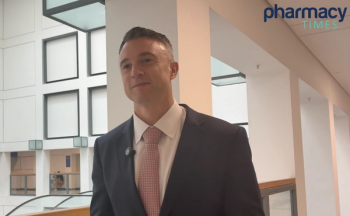
Sam Klempner, MD, discusses early findings for the bispecific T-cell engager ASP2138, including monotherapy response, combination activity, and safety enhancements through subcutaneous dosing.

Sam Klempner, MD, discusses early findings for the bispecific T-cell engager ASP2138, including monotherapy response, combination activity, and safety enhancements through subcutaneous dosing.
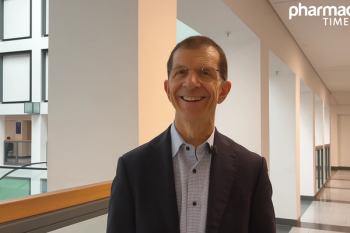
Danny Rischin, MD, reviews findings from the C-POST trial.
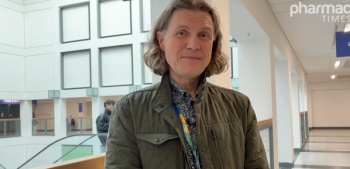
Thor Halfdanarson, MD, outlines real-world challenges in radiopharmaceutical production and delivery and highlights key questions for upcoming trials, including alpha vs beta emitters and long-term toxicity.

Scott Tagawa, MD, professor of medicine and urology at Weill Cornell Medicine, discusses safety and tolerability findings observed to date, renal and hematologic considerations, and the role of pharmacists.

Giredestrant and everolimus show significant survival benefits for ER-positive, HER2-negative advanced breast cancer post-CDK4/6 therapy.

New research highlights the benefits of combining lutetium PSMA 617 with standard treatments, showing improved outcomes for prostate cancer patients.

Researchers explore HER3-targeted therapy with patritumab deruxtecan to enhance outcomes in early-stage triple-negative breast cancer, reducing chemotherapy side effects.

A phase 2 trial suggests a stepwise regimen using liposomal irinotecan followed by oxaliplatin may improve progression-free survival over standard treatment.

A recent study reveals imlunestrant plus abemaciclib shows superior efficacy over fulvestrant plus abemaciclib in treating advanced ER+, HER2- breast cancer.
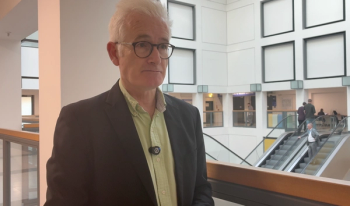
Subcutaneous amivantamab demonstrated robust activity in patients with recurrent or metastatic head and neck squamous cell carcinoma previously treated with checkpoint inhibitors and platinum chemotherapy.
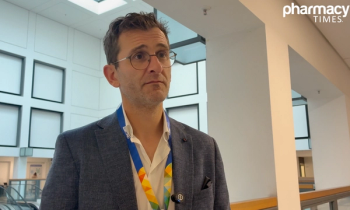
The combination significantly improved event-free and overall survival compared with surgery alone, marking the first study to show an overall survival benefit in this patient population.
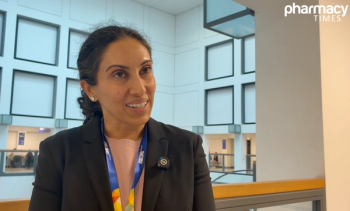
The phase 3 trial demonstrated significant improvements in overall and progression-free survival, reinforcing the combination as a standard-of-care option across MMR subgroups.

New findings reveal the Ki-67 index's crucial role in predicting breast cancer recurrence post-chemotherapy, while abemaciclib benefits all patient subgroups.

Olomorasib shows promising intracranial efficacy in treating KRAS G12C-mutant NSCLC with brain metastases, highlighting a potential shift in treatment strategies.


Long-term findings from the REASSURE study confirm Radium-223’s acceptable hematologic safety profile and reinforce the importance of early use alongside bone-protecting agents to minimize fracture risk and optimize outcomes.
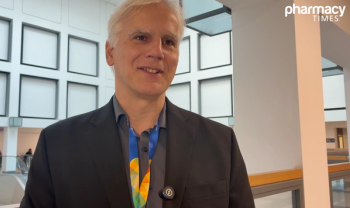
Balazs Halmos, MD, discusses how the COPERNICUS trial aims to build on previous amivantamab studies.
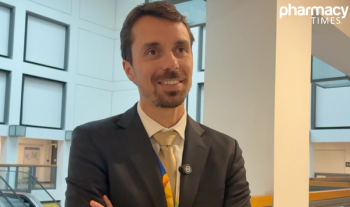
In the ARANOTE trial, darolutamide combined with ADT significantly delayed disease progression and maintained quality of life for patients with metastatic hormone-sensitive prostate cancer, supporting its use as a chemotherapy-free option.

Personalized cancer vaccines target tumor heterogeneity, enhancing immune responses and improving treatment outcomes in diverse cancer types.

Experts at ESMO 2025 highlight antibody-drug conjugates in HER2-positive metastatic breast cancer treatment.

Emerging biomarkers and targeted therapies are reshaping the landscape of lung cancer treatment and drug development.
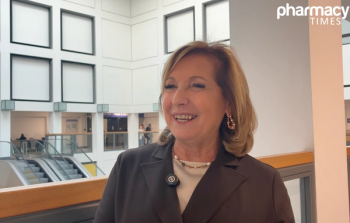
Nicoletta Colombo, MD, PhD, discusses why metronomic chemotherapy dosing and careful regimen design may have driven the success of the KEYNOTE-B96 trial.
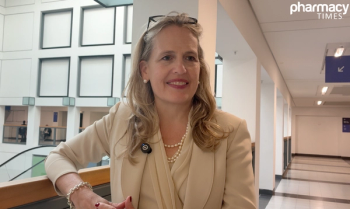
Datopotamab deruxtecan-dlnk improved duration of response by roughly 5 months compared with chemotherapy in first-line mTNBC.

At ESMO 2025, Felix Guerrero-Ramos, MD, discussed SunRISe-1 data showing durable responses and low toxicity with TAR-200, the importance of training in device management, and how future biomarker research may refine patient selection and combination strategies.
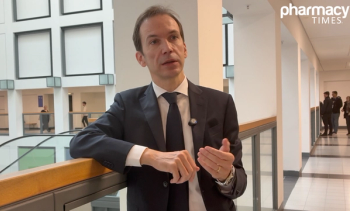
Andrea Necchi, MD, shared SunRISe-4 primary results demonstrating higher pathologic response and relapse-free survival rates with TAR-200 plus sacituzumab compared with checkpoint inhibitor monotherapy, with no new safety signals observed.
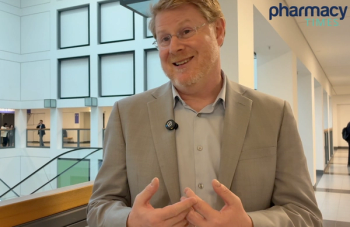
Stephen Freedland, MD, highlighted data showing significant overall survival benefits in the EMBARK trial and discussed the continued role of monotherapy in preserving quality of life for select patients.

Thor Halfdanarson, MD, discussed early results showing favorable response rates and manageable safety with ^212Pb-VMT-α-NET, along with the role of PET imaging in optimizing patient selection for future trials.

Advances in targeted therapies, combination approaches, and novel treatment strategies are shaping the management of drug-resistant lung cancer.

Insights from ESMO 2025 highlight advancements in non-small cell lung cancer treatment, focusing on novel therapies and molecular diagnostics.

Felix Guerrero-Ramos, MD, outlines molecular and pharmacologic findings from SunRISe-1, including the high prevalence of TP53 alterations and the extended drug exposure achieved with the TAR-200 intravesical delivery system.